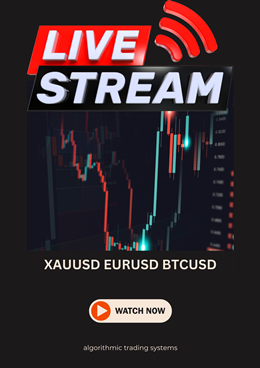[You must be registered and logged in to see this image.]
There has been so much focus on the shock waves that have been sent through the global markets this week as a result of what has now become viewed as a ‘banking crisis’ that only a downward direction in value for stocks and currencies has been considered.
Credit Suisse, the second largest Swiss bank, and one of the world’s largest Tier 1 interbank Forex dealers has collapsed after a few years of serious financial problems and ill-judged decisions such as the 2021 revelation that the bank had helped Bill Hwang, a trader whose activities got him banned in Hong Kong, move his activities to New York and rebrand his high risk hedge fund as Archegos before beginning down the same path that got him banned in New York, costing Credit Suisse $5.5 billion.
There have been other such disasters too, and some loss-making years over the course of the past decade but it is clear that now we are witnessing the end of Credit Suisse in its current form, and even UBS pulled out of a deal to buy it for $1.
The havoc that this has wreaked, including a lack of trust in banks once again – memories are not so short as to forget the credit crunch and banking collapses of the late 2000s, where many banks were either bankrupt after hundreds of years in business, or bailed out by the taxpayers and nationalised – is now noticeable on European stock exchanges as bank stocks have dived, and in currency prices.
However, it is important to note that it is not just the European side of the Atlantic that has been subjected to high value, high profile banking collapses over the past week.
Silicon Valley Bank in the United States collapsed last week, causing a ripple effect which meant that regional banks, of which there are a lot in the United States, lost a lot of value. One particular bank, First Republic, had lost 61% of its stock value by March 13.
Therefore, if malaise is on both sides of the pond, what can traders and investors do, other than pick up the pieces and try to continue their business.
As a result, the British market is resuming its pace, with the British Pound this morning trading at the high 1.22 range against the US Dollar, representing the highest point in over a month.
This is an interesting situation given that the FTSE 100 index lost over £76 billion in value due to the Credit Suisse debacle causing fear among investors and impacting bank stocks, many of which are listed on the London Stock Exchange and included in the FTSE 100 index.
It appears that the overall sentiment is to pick up the pieces and carry on, with an understanding that the banking trepidation is no better on the North American side of the Altantic, and as a result, it’s a good day for the British Pound.
VIEW FULL ANALYSIS VISIT - FXOpen Blog...
Disclaimer: This Forecast represents FXOpen Companies opinion only, it should not be construed as an offer, invitation or recommendation in respect to FXOpen Companies products and services or as Financial Advice.

 Events
Events Blog
Blog











